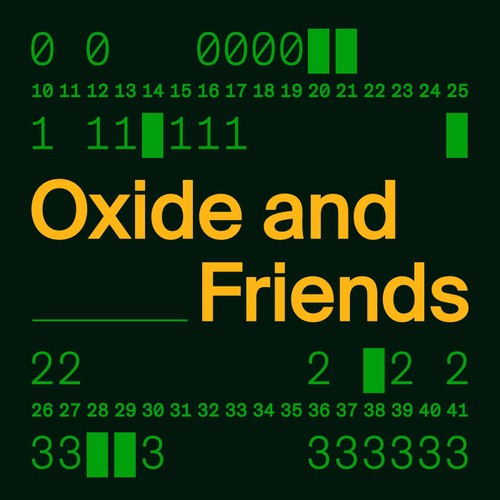
 Oxide and Friends
Oxide and Friends Settling Beef
Oct 17, 2023
Special guest Conor Hoekstra from the ADSP pod joins Oxide and colleague Cliff Biffle to settle podcast beef. The hosts discuss their experiences at an open source firmware conference, probabilities and flipping coins, title consultancy and gen z slang, programming language preferences, experiences with compiler bugs, the importance of backward compatibility in C++, fear in programming communities, and challenges with manipulating and deleting objects.
Chapters
Transcript
Episode notes
1 2 3 4 5 6 7 8 9
Introduction
00:00 • 4min
Probabilities, Flipping Coins, and Living Life Without Judgment
04:20 • 5min
Podcast Beef and the Love for Podcasting
08:55 • 9min
Title Consultancy and Gen Z Slang
18:17 • 4min
Programming Language Preferences and Podcast Enjoyment
21:58 • 22min
Experiences with Compiler Bugs and the Importance of Tooling
43:59 • 2min
The Importance of Backward Compatibility in C++ and the Decision to Not Change the Status Quo
46:03 • 14min
Fear in Programming Communities
59:42 • 21min
The Challenges of Manipulating and Deleting Objects
01:20:39 • 18min
